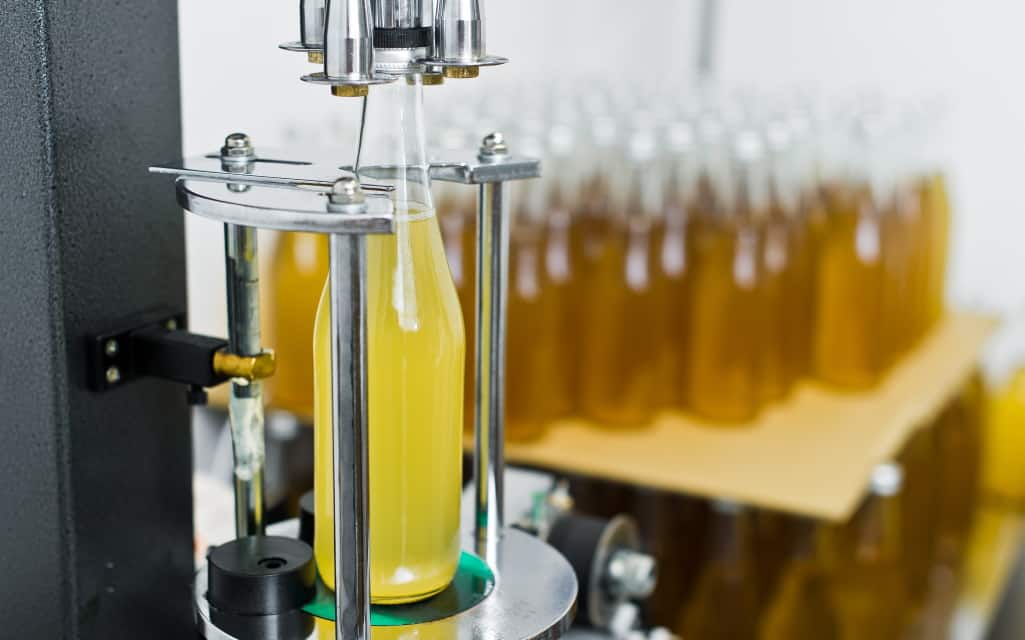When it comes to beer production, filtration is the process that is involved. It removes solids from liquids through or across a porous medium. The filter medium porosity and particle size influence the effectiveness of the filtration. If the materials are larger than the pore opening, then they will remain in or on the filter medium. Throughout brewing, filtration is used and most of the beers that are sold have been filtered to an extent. The particle size removal range is huge from molecular level to whole hop removal.
Surface and depth are the two basic types of filtration. For depth filtration which is also referred to as powder filtration, a labyrinth of channels is used to trap the particles in the filter media. The media could be Perlite, diatomaceous earth or any other porous media. Most small breweries only use depth filtration. It is considered to be a primary or rough filtration. Examples of it include frame, plate, candle and screen filters.
Micron Filter Bags
Micron filter bags are used for filtration of beer production. Bonfilt offers high-quality liquid filter bags which are made out by micron felt or micron mesh. They are FDA compliant and have a micron rate which ranges from 0.1 um to 1200 um. Worldwide shipping is offered. Made out by micron filter, the micron filter bags filter bags, socks and sleeves. It can catch 85 to 95 percent of the rated particles in a single pass.
Filter Media
In order to achieve final liquid clarity, filter aid or filter media is vital. Perlite and DE are the two most common forms of filter media.
DE is a form of silica that is naturally occurring and is derived from calcified skeletal remains of tiny plankton algae. On the other hand, Perlite is composed of aluminum silicate and is derived from volcanic rock. It is quite similar in nature to DE.
Cross-flow filtration is also used as it helps improve some of the traditional filtration through the pumping of liquid rapidly across the filter surface.
Importance Filtration in Beer Production
Filtration is vital for beer production. It stabilizes the beer and provides it with a clear and polished appearance. However, smaller breweries tend to ignore the benefits of filtration and simply serve unfiltered beer. It impacts the quality of the beverage.
The truth is that unlike tea, coffee or a cold beverage, beer is more likely to get contaminated due to its production process. There are simply too many stages involved in the brewing process, especially when brewing on a much larger scale. This is why it is a must to have the right filtration system in place.
There are always ways for contaminants and debris to enter into a batch of beer. Whether you are running a microbrewery, are home-brewing or brewing beer in a huge quantity, you will most definitely need a high-quality filtration system. A high-quality filtration system will ensure that the beer you produce is clean and tasty.



